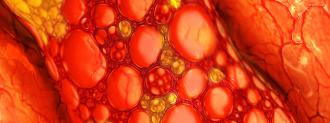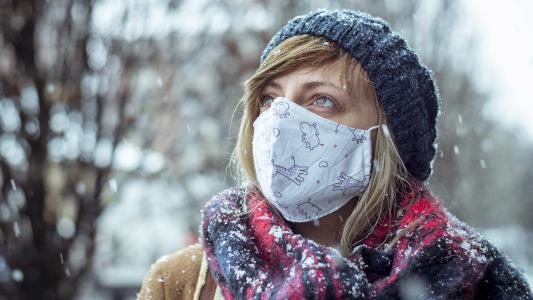Blood clots have been a frequent, potentially deadly complication of severe coronavirus infections, increasing the risk of strokes, kidney failure, and heart attacks.
For months, researchers have struggled to understand what causes these COVID-19 blood clots; now, a new study is placing the blame on antibodies that attack a patient’s own cells.
COVID-19 Blood Clots
When a virus infects us, our bodies create antibodies. These help the immune system defeat the infection and quickly identify and attack the virus if it infects us again in the future.
Some antibodies don’t target viruses and other pathogens, though — they target our own tissues and organs. These are called autoantibodies, and they’re the cause of many autoimmune diseases, including lupus, celiac, and antiphospholipid syndrome (APS).
We’ve discovered a new mechanism by which COVID-19 patients may develop blood clots.
Yogen Kanthi
In people with APS, the immune system creates autoantibodies that attack blood proteins, which increases the risk of blood clotting.
In a new study, a team led by researchers at the University of Michigan wanted to see if there was a connection between these autoantibodies and COVID-19 blood clots.
To do that, they tested the blood of 172 hospitalized COVID-19 patients for eight types of APS autoantibodies — and found at least one kind in about half of the patients.
That wasn’t the only discovery, either.
Just like antibodies have a destructive counterpart in autoantibodies, so, too, do white blood cells. These are called super-activated neutrophils, and the UM researchers discovered that their COVID-19 patients had elevated levels of those cells in their blood, as well.
To test whether autoantibodies and super-activated neutrophils might be responsible for the COVID-19 blood clots, they studied the pair in mouse models — and found that they prompted “some of the worst clotting we’ve ever seen,” researcher Yogen Kanthi said in a news release.
“We’ve discovered a new mechanism by which patients with COVID-19 may develop blood clots,” he added.
Targeting Autoantibodies
Kanthi and his colleagues aren’t sure how the coronavirus triggers the production of the autoantibodies — that’ll require more research — or if blocking or removing them might help prevent COVID-19 blood clots.
For now, they’re conducting a trial to see if an existing anti-clotting medicine can reduce excessive clotting in patients.
“Dipyridamole is an old drug that is safe, inexpensive, and scalable,” Kanthi said. “The FDA approved it 20 years ago to prevent clotting, but we only recently discovered its potential to block this specific type of inflammation that occurs in COVID.”
We’d love to hear from you! If you have a comment about this article or if you have a tip for a future Freethink story, please email us at [email protected].






